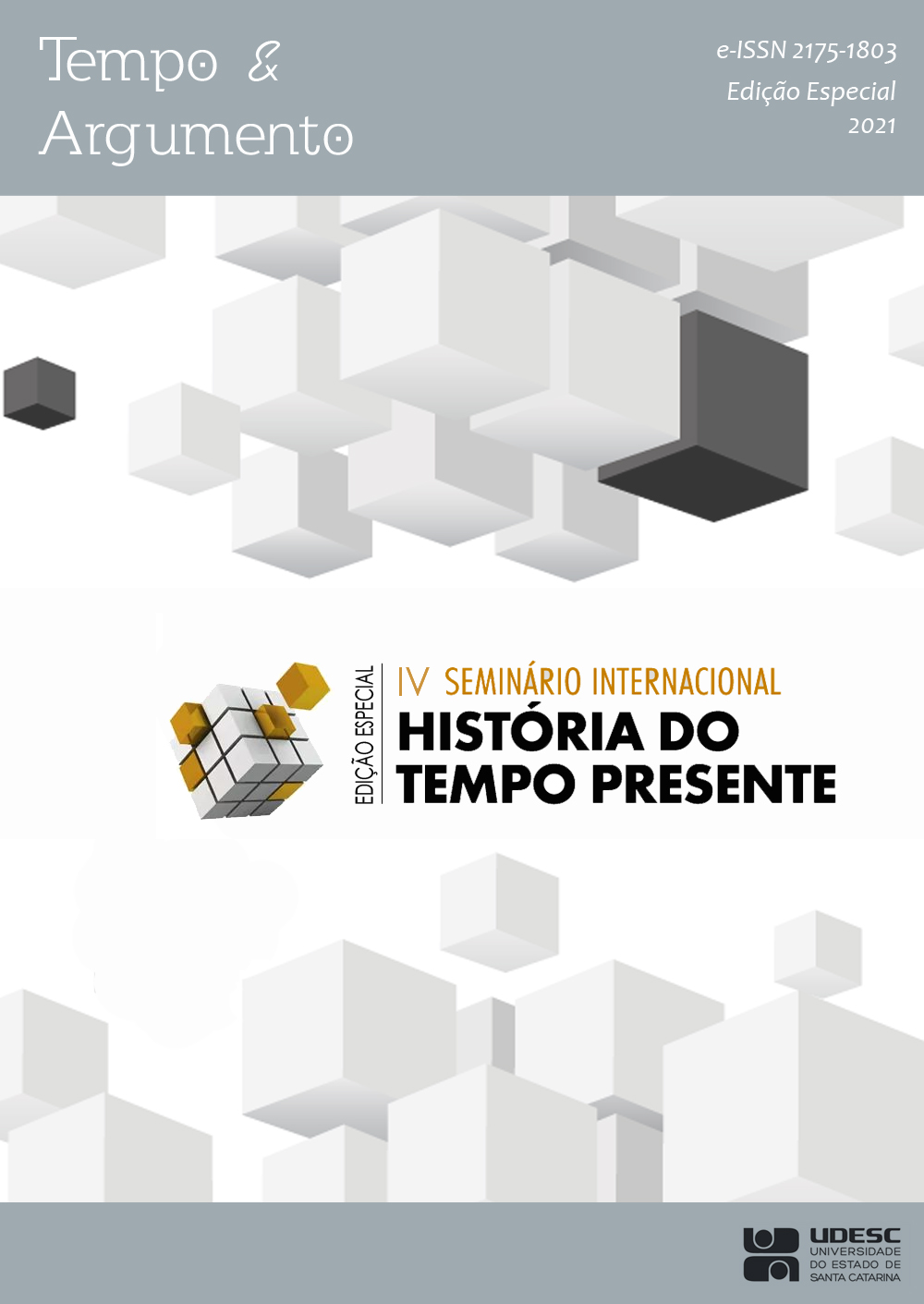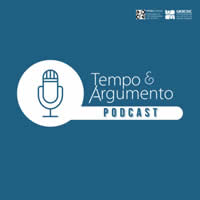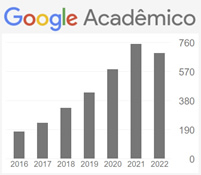Medo, intolerância, resignação: algumas leituras sobre a imigração contemporânea na Itália
DOI:
https://doi.org/10.5965/21751803ne2021e0103Resumo
Diversos estudos têm mostrado como o medo e a ansiedade são emoções que têm marcado a sociedade contemporânea, com novos e velhos detonadores desses sentimentos os sujeitos no mundo atual. O outro, a alteridade, tem sido no tempo objeto de preocupação, de medo, nas diferentes coletividades humanas. No que tange aos processos migratórios, observa-se como esse temor em relação ao diverso tem construído estereótipos, muros, intolerância, sentimentos que muitas vezes se escondem na ideia de “integração”, ou seja, na busca de anular aquilo que é característico do outro, ao interno da sociedade de acolhida. Por outro lado, no sujeito migrante, a busca de “integração” pode mostrar – diferentemente – a resignação que marca o esforço para obter aceitação e reconhecimento. O objetivo deste artigo é analisar – a partir da metodologia da história oral – o fenômeno da imigração contemporânea na Itália, com ênfase nos sujeitos provenientes da América Latina, procurando entender os recursos utilizados por esses indivíduos para serem “aprovados” no contexto da terra de chegada. Nesse sentido, a ruptura de uma corrente de desconfiança, construída como consequência de um medo compartilhado socialmente, permitiria um processo de inclusão, ou seja, de inserção do outro na comunidade de acolhida, sem a necessidade de despojar-se de si.
Palavras-chave: migração latino-americana; Itália contemporânea; sensibilidade; memória; inclusão social.
Downloads
Referências
ANDERSON, Benedict. Comunità immaginate: origini e fortuna dei nazionalismi. Roma: Laterza, 2018.
BONIFAZI, Corrado. L’immigrazione straniera in Italia. Bologna: Il Mulino, 2007.
BOURKE, Joanna. Fear and anxiety: writing about emotion in modern history. History Workshop Journal, Oxford, n. 55, p. 111-133, primavera 2003.
CALVANESE, Ernesto. Media e immigrazione tra stereotipi e pregiudizi: la rappresentazione dello straniero nel racconto giornalistico. Milano: FrancoAngeli, 2011.
DELUMEAU, Jean. La peur en occident (XIVe-XVIIIe siècles): une cité assiégée. Paris: Fayard, 1978.
EINAUDI, Luca. Le politiche dell’immigrazione in Italia dall’Unità ad oggi. Roma: Laterza, 2007.
EXTRACOMUNITARIO. In: TRECCANI, vocabolario online. Roma: Istituto dell’Enciclopedia Italiana, 20--. Disponível em: https://www.treccani.it/vocabolario/extracomunitario/. Acesso em: 8 set. 2021.
FALOPPA, Federico. Razzisti a parole (per tacer dei fatti). Roma: Edizioni Laterza, 2011.
HALBWACHS, Maurice. Les cadres sociaux de la mémoire. Paris: Édition Albin Michel, 1994.
HELENA [Entrevista cedida a] Luís Fernando Beneduzi, San Giovanni Valdarno (IT), 16 nov. 2004.
INCLUSIONE. In: TRECCANI, vocabolario online. Roma: Istituto dell’Enciclopedia Italiana, 20--. Disponível em: https://www.treccani.it/vocabolario/inclusione/. Acesso em: 8 set. 2021.
INSERIRE. In: TRECCANI, vocabolario online. Roma: Istituto dell’Enciclopedia Italiana, 20--. Disponível em: https://www.treccani.it/vocabolario/inserire/. Acesso em: 8 set. 2021.
INTEGRAZIONE. In: TRECCANI, vocabolario online. Roma: Istituto dell’Enciclopedia Italiana, 20--. Disponível em: https://www.treccani.it/vocabolario/integrazione/. Acesso em: 8 set. 2021.
LINHARD, Tabea; PARSONS, Timothy. Mapping migration, identity, and space. Nova York: Palgrave, 2019.
MATEUS [Entrevista cedida a] Luis Fernando Beneduzi, Trento, 16 jun 2012.
KOSELLECK, Reinhart. Futuro pasado. Barcelona: Paidós, 1993.
PILAR [Entrevista cedida a ] Luís Fernando Beneduzi, San Giovanni Valdarno (IT), 29 nov. 2004.
PROUST, Marcel. Em busca do tempo perdido. Rio de Janeiro: Ediouro, 2002.
ROMANIA, Vincenzo. Farsi passare per italiani: strategie di mimetismo sociale. Roma: Carocci, 2006.
STEARNS, Peter. Fear and contemporary history: a review essay. Journal of Social History, Oxford, v. 40, n. 2, p. 477- 484, inverno 2006.
Downloads
Publicado
Como Citar
Edição
Seção
Licença
Copyright (c) 2021 Revista Tempo e Argumento

Este trabalho está licenciado sob uma licença Creative Commons Attribution-NonCommercial 4.0 International License.
Os artigos cujos autores são identificados representam a expressão do ponto de vista de seus autores e não a posição oficial da Tempo e Argumento.





